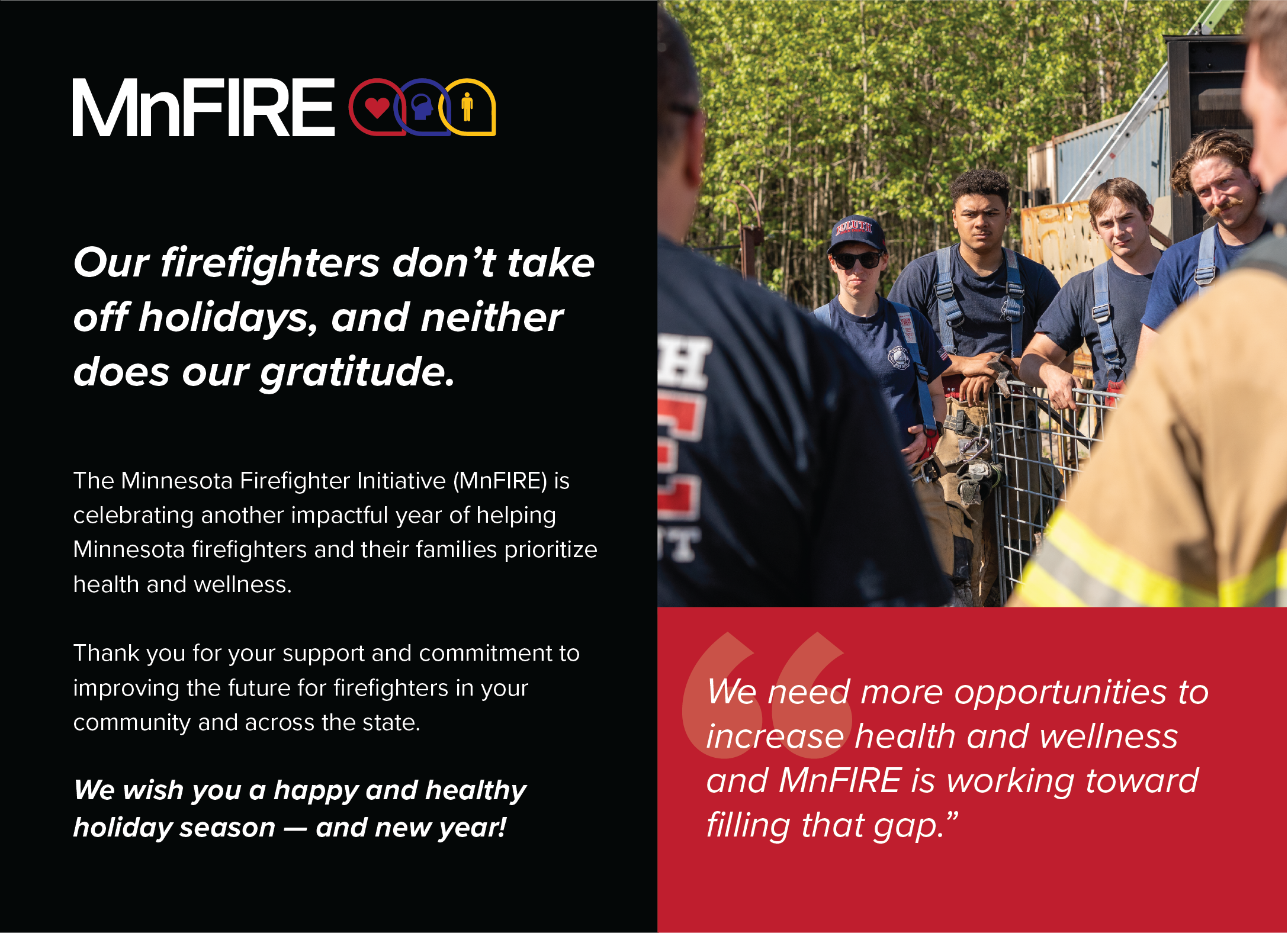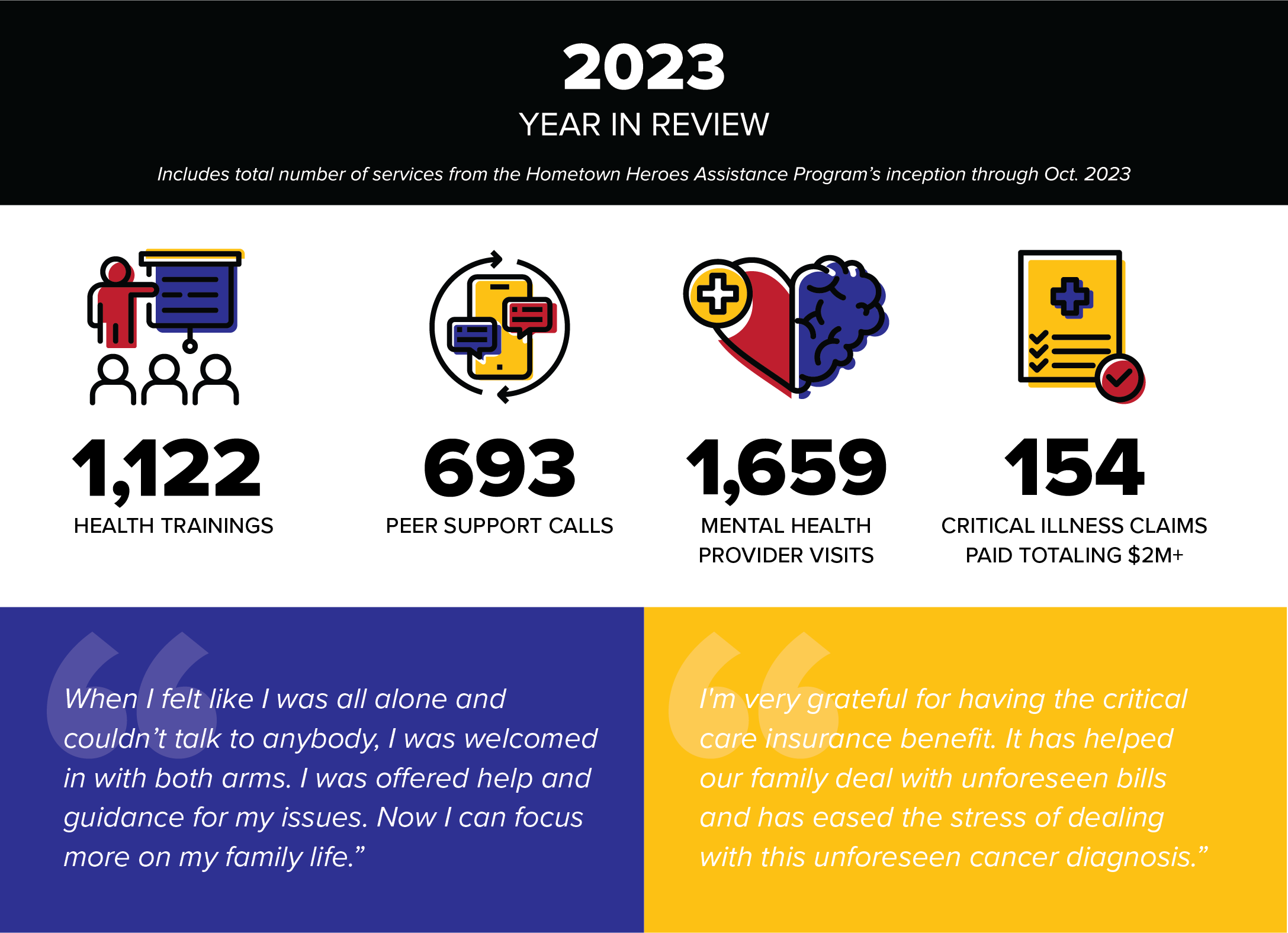Contributed by Paul J. Anderson II, M.D.
As a firefighter, anything can happen on a shift or a call. That’s why firefighters are trained to always be sharp and ready. But the beverages you consume when you aren’t on duty could impair your performance when the call comes in. Caffeine and alcohol can both have harmful effects on firefighters if not used in moderation, so it may be wise to “rethink your drink.”
Use caffeine to your advantage
We often associate caffeine with its ability to reduce sleepiness or daytime drowsiness. In reality, there are several benefits when used wisely, including improved reaction time and physical endurance. But a little can go a long way. An 8-ounce cup of brewed coffee has about 90 milligrams of caffeine and the recommended maximum daily dose is around 400 milligrams. And the effect can take time to wear off. In fact, it takes about 10 hours for caffeine to completely leave your system once consumed.
For people with normal sleep and wake cycles, caffeine use is best limited to 100 to 200 milligrams per day and restricted to the morning hours. Firefighters, who typically have irregular sleep patterns and/or sleep deprivation, may need to think differently about caffeine and reserve caffeinated beverages for when it’s most beneficial. This means consuming relatively little caffeine (or none) most of the time and then increasing caffeine consumption during periods of high need, like a busy night shift, working tired or working overtime. Rethinking caffeine may mean that using less helps you benefit more.
Enjoy alcohol in moderation
It goes without saying that heavily drinking or binge drinking alcohol is not compatible with being ready for firefighting duty. Even moderate alcohol consumption can erode sleep quality, delay reaction times and could progress to alcohol dependence over time. So as a firefighter, you may want to rethink your relationship with alcohol.
Alcohol slows down your nervous system and gives you a temporary sensation of relaxation when consumed in moderate amounts. While alcohol has long been integrated into social interactions and celebrations around the world, it can be problematic when abused. Firefighters know the realities of this, having answered calls for preventable fires where alcohol was involved, auto accidents due to drunk driving, alcohol-related domestic problems and alcohol-induced health issues.
According to the Fire Service Joint Labor Management Wellness-Fitness Initiative, alcohol is the most commonly abused substance among firefighters, and it’s unfortunately common among firefighters to help deal with the emotional trauma experienced on the job. The numbing effects of alcohol consumption are only temporary, however. Once a person is sober, any mental health issues or memories of traumatic calls are still there. These problems may even feel worse after being temporarily alleviated, which helps fuel the cycle of substance abuse.
Heavy drinking is defined as more than two standard drinks per day for men, or more than one standard drink per day for women. A standard drink is defined as a shot of liquor (1.5 ounces), a 12-ounce beer (4% ABV), or a 5-ounce glass of wine. Binge drinking (more than six drinks in a short period) is another harmful pattern of drinking to avoid.
The good news is that going alcohol-free for a period or cutting down on alcohol has never been easier. Dry months are common practice, and there has been an explosion of alcohol-free beers, wines and spirits that can make cutting back on alcohol or stopping drinking altogether much easier. Cutting back on alcohol with a group of people as a challenge can be a fun and effective challenge for team building.
While it goes without saying that no firefighter should use illegal substances, it may be beneficial to analyze your use of these more common substances. Any efforts that improve your ability to be safe and live well as a firefighter are worth the time.
Need help? MnFIRE’s got your back
If you or a firefighter loved one need help with alcohol or substance abuse, please call our 24-hour helpline at 888-784-6634. Free counseling visits, peer support and other resources are available through the MnFIRE Assistance Program. This confidential, free service is available for all active volunteer, paid-on-call, part-time and full-time Minnesota firefighters and their families, and for all levels of support.



